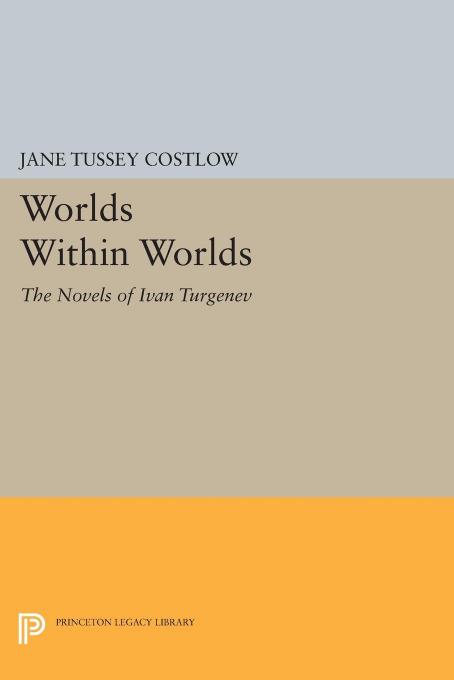
Worlds Within Worlds: The Novels of Ivan Turgenev PDF
2014·5.6548 MB·other
Most books are stored in the elastic cloud where traffic is expensive. For this reason, we have a limit on daily download.
Preview Worlds Within Worlds: The Novels of Ivan Turgenev
Description:
The novelist Ivan Turgenev (1818-1883) is known primarily as a chronicler of his age and crafter of elegant prose--like the simplest painting of daily artifacts, his works have pleased partly because they shape a recognizable world and partly because their form gives to the content its resonant signifying power. Here Jane Costlow accounts for both the historicity and aesthetic elegance of Turgenev's realist novels in close readings of Rudin, A Nest of Gentry, On the Eve, and Fathers and Children, all written between 1855 and 1861. Each essay focuses on a particular aspect of Turgenev's art as it relates to his human and aesthetic concerns. This study challenges traditional views of Turgenev as an objective recorder of his times, suggesting that the engaging qualities of his novels lie less in their historicity than in the lyricism and aesthetic consciousness with which he shaped his narratives. Costlow explores the lyric meditation, pastoral longing, and unspoken emotion that are the hallmarks of Turgenev's prose and that make up his "worlds within worlds," the realms of his novels that elude the historical. Throughout she demonstrates how the aesthetics of constraint and understatement mask the author's awareness of limitation and complexity in human experience. By stressing the enigmatic and challenging qualities of his works, Costlow exposes Turgenev to revealing new readings.Originally published in 1990.The Princeton Legacy Library uses the latest print-on-demand technology to again make available previously out-of-print books from the distinguished backlist of Princeton University Press. These editions preserve the original texts of these important books while presenting them in durable paperback and hardcover editions. The goal of the Princeton Legacy Library is to vastly increase access to the rich scholarly heritage found in the thousands of books published by Princeton University Press since its founding in 1905.
See more
The list of books you might like
Most books are stored in the elastic cloud where traffic is expensive. For this reason, we have a limit on daily download.
